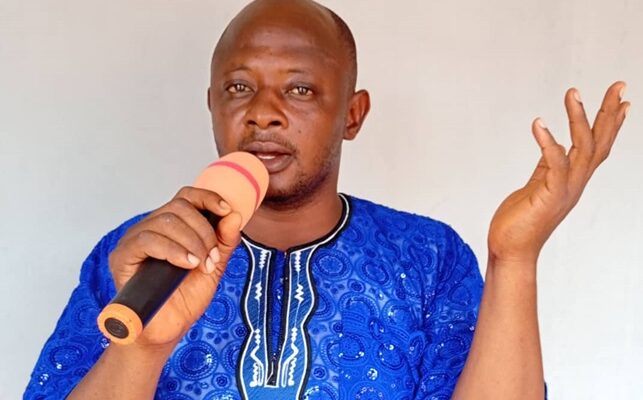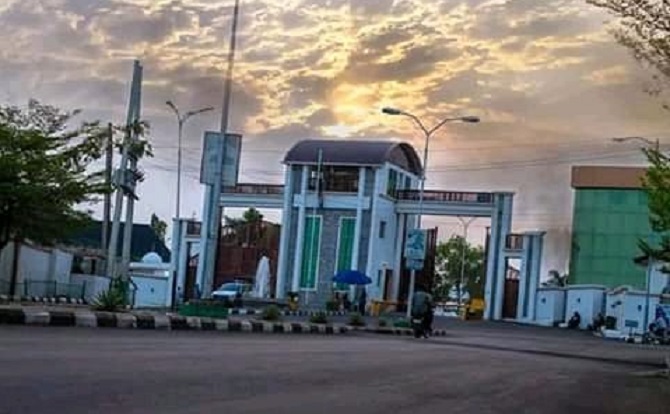In an age when the church’s altars glitter with gold yet glow with little fire, the question returns with haunting urgency: What happened to the genuine baptism of the Holy Ghost? Once the fiery hallmark of early believers, it has now become a theological cliché, a ceremonial phrase recited without evidence of transformation. The modern Christian, armed with eloquence but lacking divine encounter, mirrors Paul’s warning in 2 Timothy 3:5— “Having a form of godliness, but denying the power thereof.”
Across the continents, a quiet cry rises from pulpits and pews alike: the absence of true spiritual fire. Evangelist Yinka Yusuf once lamented, “We have too many talkers and too few carriers of the flame.” In the days of the Apostles, one encounter with the Holy Ghost could turn timid fishermen into unshakable witnesses. Today, entire assemblies gather yet go home unchanged, comforted by applause but starved of conviction. The tragedy is not in the noise but in the numbness—where men fall under emotion, not under power.
The genuine baptism of the Holy Ghost was never meant to be a show of tongues but a seal of transformation. As Prophet T.B. Joshua once declared, “When the Holy Spirit comes, He changes your language, your appetite, and your direction.” This sacred immersion is not an emotional rainfall but a spiritual rebirth—where pride dies, sin loses its charm, and the soul burns for God’s will alone. Anything less is imitation; a shadow of what once made men fearless for Christ.
Dr. Juanita Bynum describes it as “the divine collision between mortality and immortality—where God takes full residence in a yielded vessel.” The early church understood this mystery. They prayed until heaven answered, fasted until flesh surrendered, and worshipped until the invisible became tangible. Today, we program the Spirit into a 30-minute slot and wonder why revival tarries. The Holy Ghost cannot be managed—He must be hosted.
Bishop David Oyedepo once warned, “When the Holy Ghost leaves a church, all that remains is performance.” The genuine baptism is not for status but service; not for fame but for flame. It is heaven’s approval stamped upon a surrendered soul. When received, it breaks yokes, restores discernment, and reawakens divine hunger. Every true revival in history—whether Azusa Street or Nigeria’s early Pentecostal outpourings—was birthed by men and women who sought not power for display, but purity for habitation.
The hour is late, and the Spirit’s whisper grows faint among competing voices of self-promotion and digital distraction. Yet God still waits for empty vessels, not polished ones. The genuine baptism of the Holy Ghost remains the church’s greatest need, for only a Spirit-filled believer can confront a spirit-driven world. As Apostle Ayo Babalola thundered decades ago, “The Holy Ghost is not a visitor but a governor—when He comes, He rules.”
The modern church must return to that upper room posture—broken, waiting, and thirsty. For until the tongues of fire rest again upon surrendered hearts, our altars will remain bright but barren.
– Inah Boniface Ocholi writes from Ayah – Igalamela/Odolu LGA, Kogi state.
08152094428 (SMS Only)




